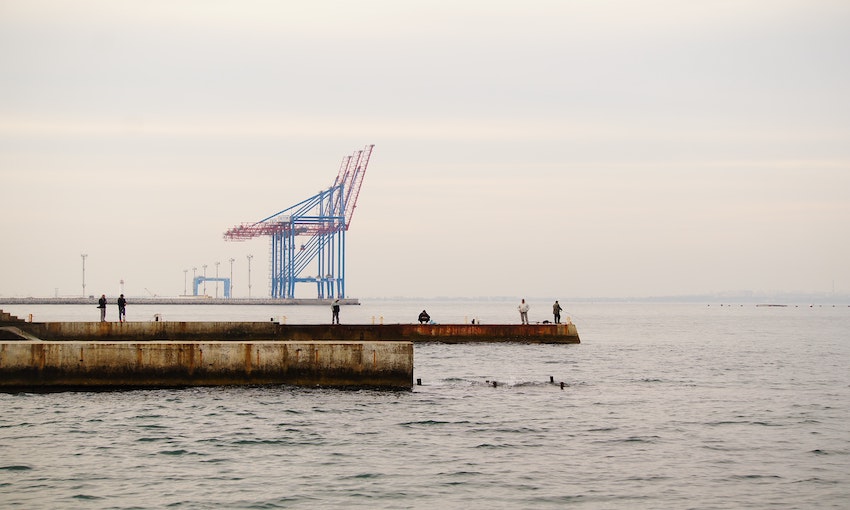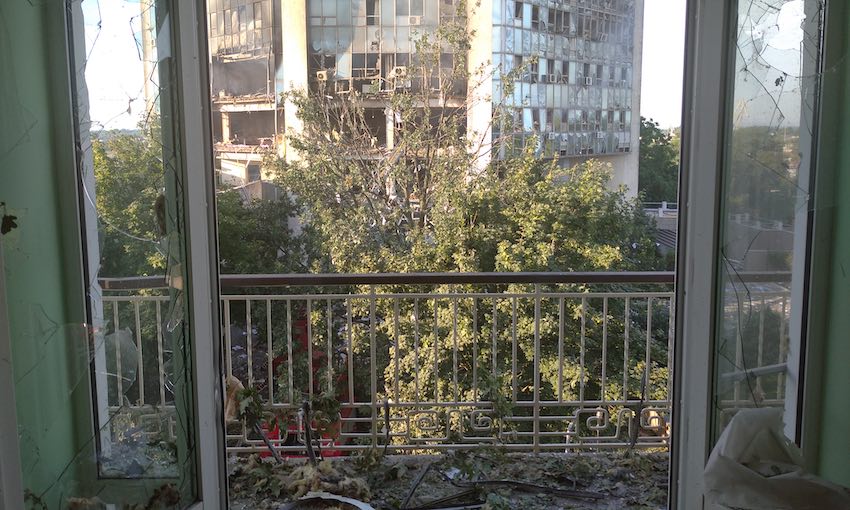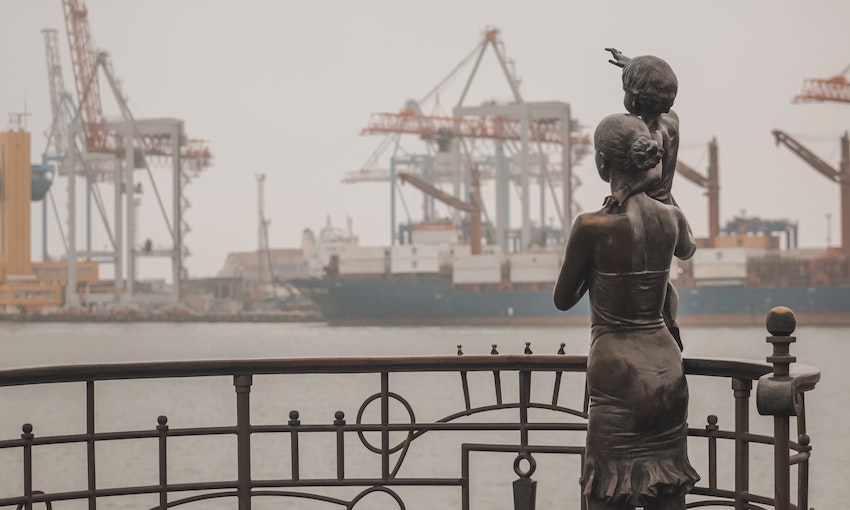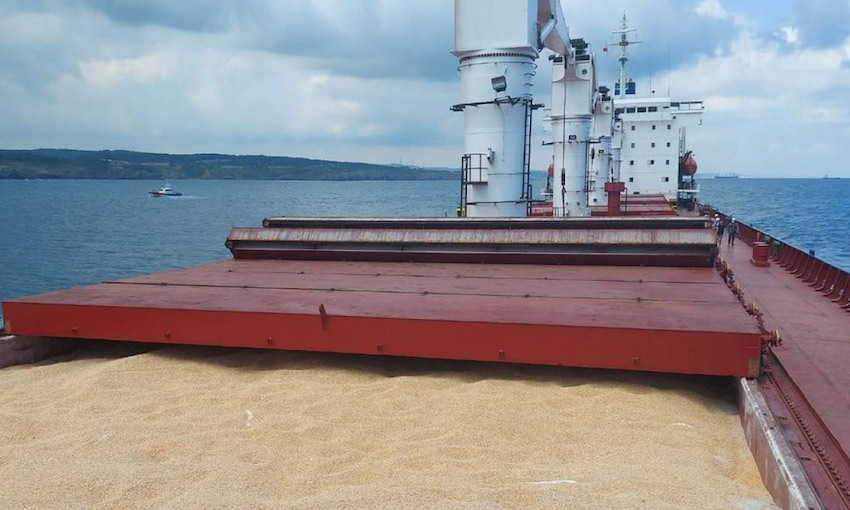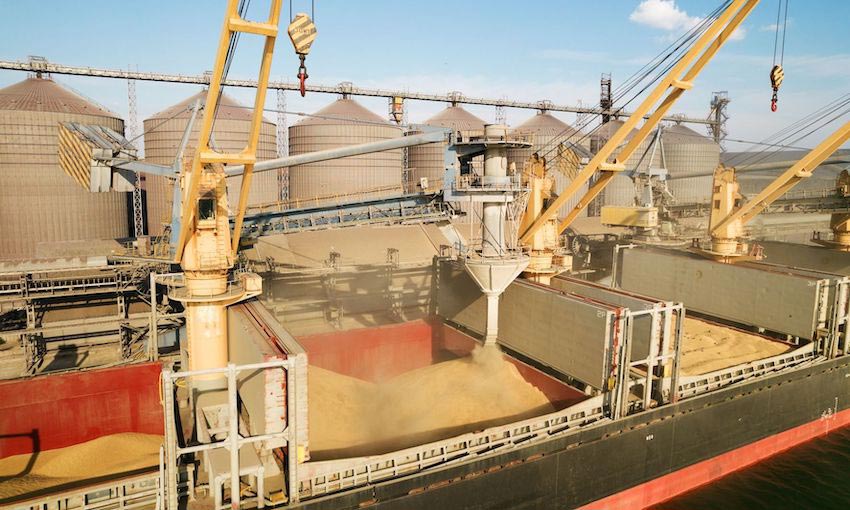IMPACTS of the Russia-Ukraine conflict have highlighted the threat to Australia’s national security and critical supply links, according to Maritime Industry Australia.
International lines operating in the Black Sea have been announcing the suspension of services and the diversion of cargo over the past week, the situation prompting MIAL to renew its call for the Australian government to bolster the nation’s shipping capability.
MIAL CEO Teresa Lloyd said the conflict has underscored an increasing unstable geopolitical context and an urgent need to arrest the decline in Australia’s shipping capability to safeguard national security and resilience.
“More than two-thirds of Australians are concerned about the impact Russia’s invasion of Ukraine will have on our national security and rightly so, we have just 13 large scale national ships we can be sure will bring in the supplies we need to live,” Ms Lloyd said.
“In absence of having our own ships, we rely totally on overseas ships who are ultimately beholden to the countries they are owned by.
“In times of crisis, those countries can direct their ships to act in their interests cutting Australia off from vital trade links for essential supplies making us extremely vulnerable.”
This week, Maersk issued a customer advisory indicating there are delays in cargo bound for Russia, and the company has temporarily stopped the acceptance of new reefer bookings to and from Saint Petersburg and Kaliningrad.
“Yesterday we communicated that until further notice we will suspend new bookings to/from Russia and that exempted from this booking suspension was foodstuffs, medical and humanitarian supplies,” Maersk said.
“However, given the uncertainties with applications of sanctions, we are seeing significant delays in European hubs for Russia-bound cargo.”
The congested network in European ports has led Maersk to hold the release of equipment for confirmed bookings and stop all stuffed containers bound for Russia at first load or transhipment port.
A service update from CMA CGM indicated the company is supporting its seafarers in the region and has implemented preventative measures to protect its IT systems and company data.
MIAL board director Vice Admiral (retired) Tim Barrett said many shipping companies are already feeling the consequences of the sanctions placed on the Russian economy.
“Indirectly this will affect us as it is likely to add pressure to the number of ships available to ply our trade routes putting Australia at risk of being unable to access supply links for important commodities such as fuel for our cars, medicine for when we are sick and fertilisers to grow our food,” Mr Barrett said.
MIAL warned Australia’s shipping situation was already fragile and the nation cannot afford to be in the position it faces now.
The association reinforced its push for a local fleet to reverse the decline in Australia’s shipping capability.
Ms Lloyd said the industry recognises change of this nature takes time, but this time cannot be wasted.
She called for the government to announce an immediate commitment to establishing a sovereign commercial fleet, and budget allocation for a base-level of commercial ships to kickstart the industry.
“We look forward to working closely with our members, the community and government on this important issue that will benefit everyone and ensure our national security and the nation’s resilience is protected,” she said.

